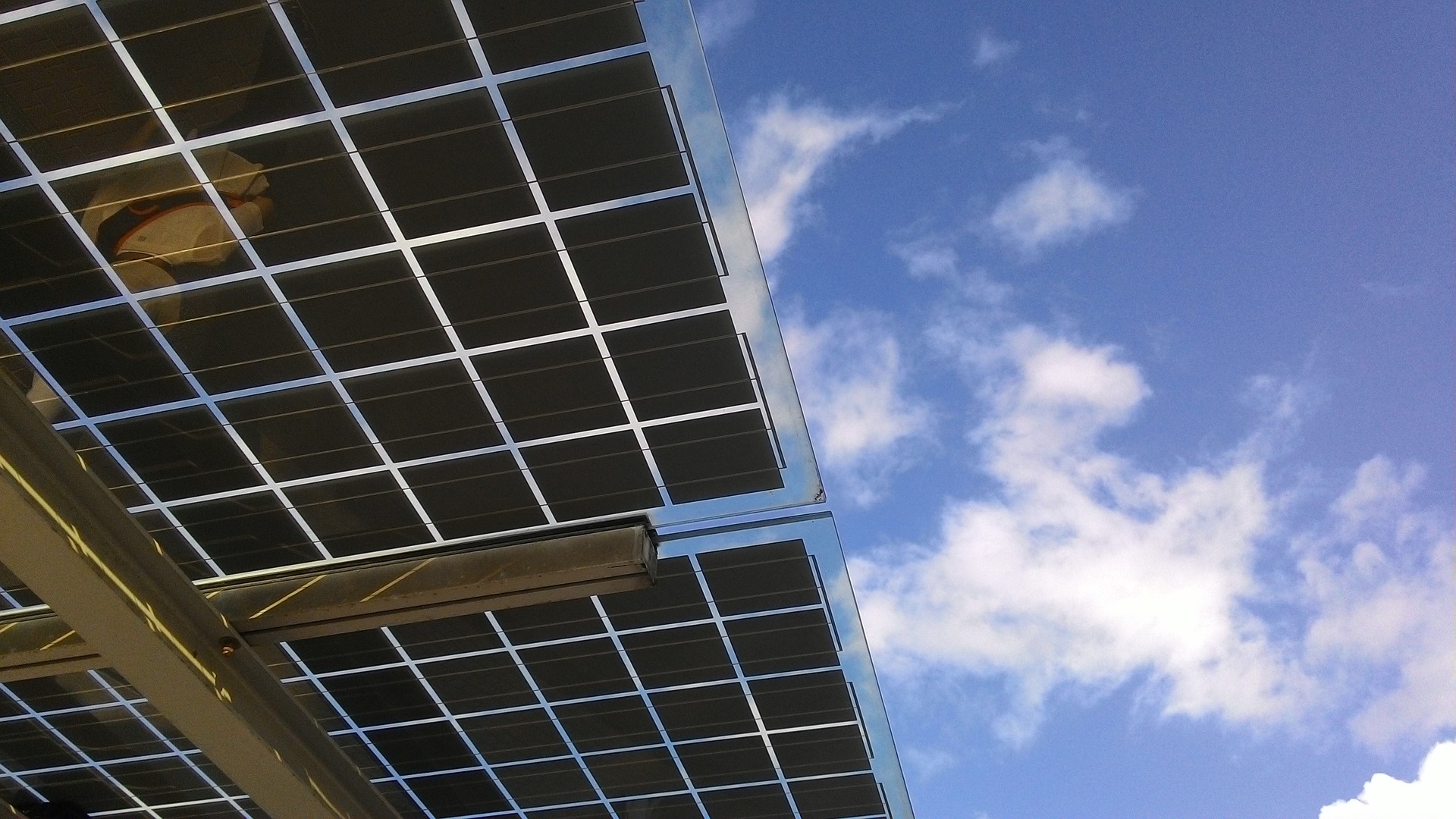Solar Panels and “Rent a Roof”
Author: Andrew Burrows | Published: April 11, 2022
According to government information, nearly 1,000,000 properties have solar panels and, with the cost-of-living crisis and international events leading to a future reliance on renewable or green energy, the numbers are set to increase rapidly.
There are 2 ways that you can have the benefit of solar panels and the energy payments that they generate.
The first way is to buy the panels outright, sometimes with an extension on your mortgage. You need to check that your household insurance allows this, that your lender agrees to it and that the relevant building regulations documents, and where applicable planning permission, is obtained. You should also take early professional advice from a surveyor to ensure that the structural integrity of the property is not affected by the installation of the panels.
If you own the panels, and you are considering selling your property, you should contact the Feed In Tariff provider, which for newer systems is known as the Smart Export Guarantee, to ascertain what their requirements are to transfer the benefit of the panels to your buyer. Your deeds won’t mention the panels and they will be included in the sale of the property.
However, if you don’t own the panels, but lease them under a “rent a roof” scheme, there may be more complications on a sale, and it may be advisable to take legal advice to ensure that the legal position of the panels is as it should be. Under schemes such as these, the homeowner gets the free electricity generated by the panels but doesn’t get the benefit of the Feed in Tarif, which is paid to the owner of the panels.

Rent a roof schemes are not as popular as they used to be, because the reduction of Feed in Tariff payments in 2019 made them less attractive as an investment; however, new schemes such as Solar Buy Back or Solar Equity Release may mean that arrangements like this make a comeback.
The point being that as the leases for said schemes were usually for 25 years, there are lots of properties that still have this arrangement.
The length of the lease creates the first potential issue, because leases of this duration must be registered at the land registry so that they are noted on your deeds. We have encountered several instances where this has not taken place, which means that before a sale can proceed, the lease has to be registered at the land registry. This isn’t particularly difficult or time consuming, and the advantage of the land registry’s expediting procedure can be used, but it is one more thing to add to the stress of moving house that could be avoided by taking early legal advice.
Similarly, not all leases are the same, and some of the earlier leases may not be compliant with your buyers building society requirements. This is resolved by a deed of variation on the lease, which is time consuming and, in some cases, expensive. Again, taking early legal advice could avoid this issue.
Finally, even though the panels are rented, you still need to find out what the owner’s requirements are, and any fees that may be payable on the sale of the property.
At Tinsdills we have property experts who can help with all these matters and can provide you with practical advice to help, promptly, if any issues like this are encountered.


